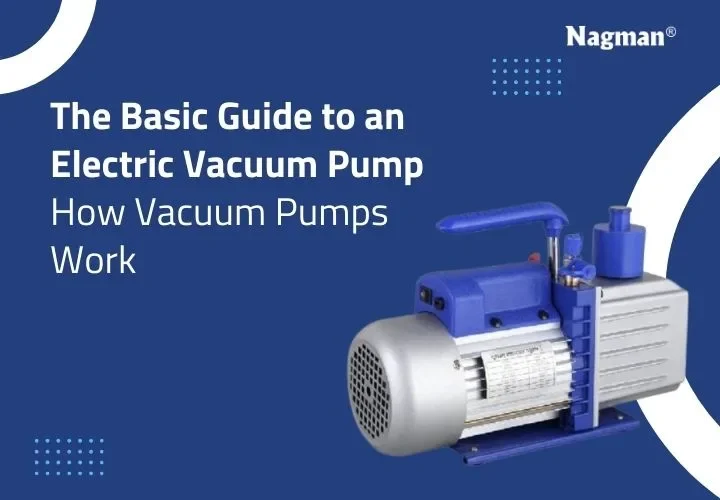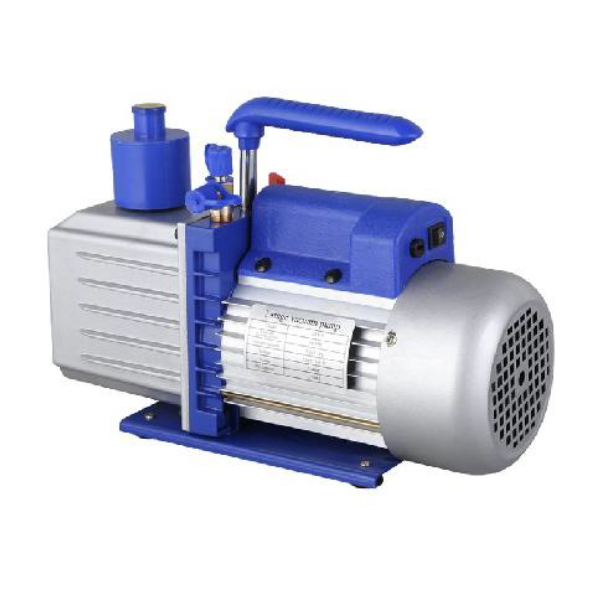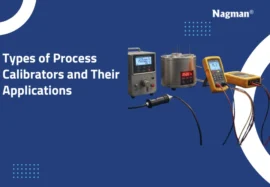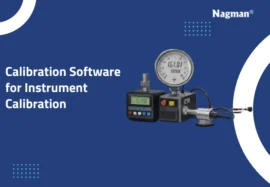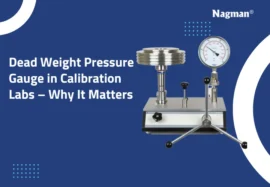How Vacuum Pumps Create and Utilize Vacuums
A Electric vacuum pump works by removing air and other gases from a confined space, generating a vacuum. This low-pressure environment is crucial for applications that require sterility, precision, or controlled atmospheric conditions.
Different industries rely on vacuum pumps depending on their needs:
Manufacturing: For processes needing reduced pressure or controlled environments.
Medical & Laboratory: To maintain sterile conditions and handle sensitive experiments.
Industrial Systems: From small machines to large-scale facilities, vacuum pumps come in various types and sizes to suit specific operational requirements.
Modern vacuum pumps offer flexible solutions, allowing industries to choose pumps designed for single equipment or integrated infrastructure covering entire operations, ensuring efficiency and reliability.
The following section will explain the definition and work process of an electric vacuum pump as well as the operation of the various kinds of pumps.
What is an Electric Vacuum Pump?
A vacuum pump that is powered by an electric motor is referred to as an electric vacuum pump. This electric motor works by receiving power from a switch, which is then sent to it by a series of electric cables.
These pumps are useful for a broad range of tasks, both in the domestic setting and in many commercial settings. Vacuum pumps are available in a variety of forms, such as:
- Arrangements for air cooling
- Cars
- Aircrafts
- Machines for doing laundry
- Irrigation, as well as measures to prevent flooding
If you want to move fluids from one place to another in a risk-free manner, the device that will serve you the best in this situation will be a vacuum pump.
How Does an Electric Vacuum Pump Work?
When the vehicle’s motor engine cannot give the vacuum that is necessary for the brake accelerators or when the vacuum that is provided by the engine is insufficient, the electric vacuum pump is used. This is true in particular for gasoline and diesel direct injection cars as well as electric hybrid vehicles and automobiles.
The high and low areas of the apparatus both generate different pressure levels due to the operation of an electric pump. Because of the mechanical energy created by the spinning shaft, which is then converted into air pressure, it forces air out of a closed system where it was previously contained.
Let’s go into the nitty-gritty of it, shall we? An inlet is used to facilitate the connection of vacuum pumps to the system. The pump has a compression chamber, which, in comparison to the high pressure found inside the system, has much lower pressure. Because of this, the air and the other gases that are contained inside the system will quickly enter the compression chamber via the entrance.
In its most basic form, the compression chamber may be broken up into two low-pressure sections that each spin independently. As soon as the first space is completely occupied, the chamber will begin to spin, which will cause the gases to be compressed into a smaller region. This will raise the pressure and temperature on one side of the chamber while simultaneously allowing additional gas to enter the second space. This spin will continue until the pressure is strong enough to break open a valve and release the gases. Once this occurs, the rotation will stop. The compressor continues to revolve, which allows more air and gas to be drawn in before compressing it and expelling it.
The internal force that is present inside the storage volume is much lower than the amount that is present in the surrounding environment. When particles move from a zone of high pressure to a zone of low pressure, the space that was previously under “high pressure” is forced to evacuate, which results in a suction that forms a vacuum.
The quantity of gas used is the primary factor that determines the amount of energy produced. If this is not the case, there will be no change in the pressure of the air and atmosphere between the interior and the outside.
Choosing the Right Electric Vacuum Pump
The efficiency of your system depends on selecting the right vacuum pump. Key factors to consider include:
- Pumping pressure and flow rate
- Gas type and system volume
- Installation location
- Lifespan and maintenance needs
A poor choice can lead to inefficiency, downtime, and higher costs. If you’re looking for a dependable double-stage solution, the EVP 69 by Nagman is a great option. It’s engineered for high-performance vacuum generation and backed by Nagman’s expert support and reliable product quality.
Safety Considerations While Using Electric Vacuum Pumps
Avoiding System Overload
Running a vacuum pump beyond its rated capacity can cause overheating, wear and tear, or even motor failure. Always operate within the manufacturer’s specifications to ensure longevity.
Handling Flammable or Corrosive Gases
If your application involves hazardous gases, make sure the pump is specifically rated for such conditions. Using the wrong type can pose serious fire, health, or corrosion risks.
Preventing Oil Backflow
For oil-lubricated pumps, it’s essential to use anti-suckback valves. These prevent oil from flowing back into the system during shutdown, which can cause contamination and damage.
Proper Ventilation and Cooling
Electric pumps generate heat during operation. Always install them in well-ventilated areas to avoid overheating and ensure safe performance.
Applications of Electric Vacuum Pumps Across Industries
Electric vacuum pumps aren’t just essential in automotive and household uses—they play a critical role across a wide range of industrial applications:
Pharmaceutical Manufacturing: Used for filtration, drying, and vacuum distillation processes.
Food & Beverage Processing: Helps in vacuum packaging, freeze-drying, and bottling operations.
Semiconductor & Electronics: Critical in wafer fabrication, chip packaging, and cleanroom environments.
HVAC & Refrigeration: Used in evacuating air and moisture from systems to ensure optimal performance.
Medical & Laboratory Use: Supports suction devices, sterilization units, and diagnostic equipment.
These applications demand precision, reliability, and low-maintenance operation—making electric vacuum pumps a go-to solution for many modern industries.
Benefits of Using Electric Vacuum Pumps
Electric vacuum pumps are evolving with technology and automation, making them a perfect fit for modern industries and vehicles. Here’s why they stand out:
Independent Operation: Works without engine vacuum, perfect for electric and hybrid vehicles, aligning with the shift toward sustainable transport.
Energy Smart: Optimized for minimal power consumption, cutting operational costs and supporting greener, energy-efficient setups.
Compact & Silent: Sleek designs with low noise levels make them ideal for indoor labs, portable systems, and smart factories.
Advanced Digital Controls: Equipped with programmable cycles, pressure sensors, and real-time diagnostics, ready for Industry 4.0 environments.
Future-Ready: Integrates seamlessly with automated and connected systems, making them versatile for upcoming EV and smart industrial applications.
Innovation Spotlight: Smart Monitoring and Control
Modern electric vacuum pumps are now integrated with IoT-enabled sensors and smart controllers. These innovations allow users to:
Monitor pressure levels and motor performance in real-time
Receive alerts on maintenance needs or abnormal conditions
Remotely operate or shut down pumps through mobile apps or cloud platforms
These advancements are especially useful in industrial setups where uptime, predictive maintenance, and safety are critical.
Conclusion
There are a lot of different aspects that might influence the electric vacuum pump that you end up needing for your gas removal operation. These factors include the pumping pressure, speed ranges, volume size, flow rate, gas type application, expected life span, and the location of your system. If you make the wrong choice, this may be a challenging process that takes up a lot of time and costs a lot of money.
If your system requires an ideal double-staged electric vacuum pump, EVP 69 by Nagman can be a great choice. Nagman has the experienced expertise, extensive inventory of pumps and other equipment, and comprehensive engineering and manufacturing capabilities to make the process of making this pick as easy as possible for you.



